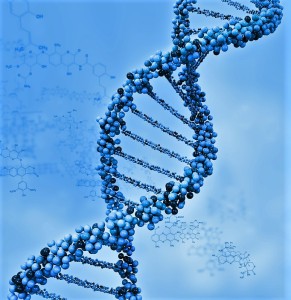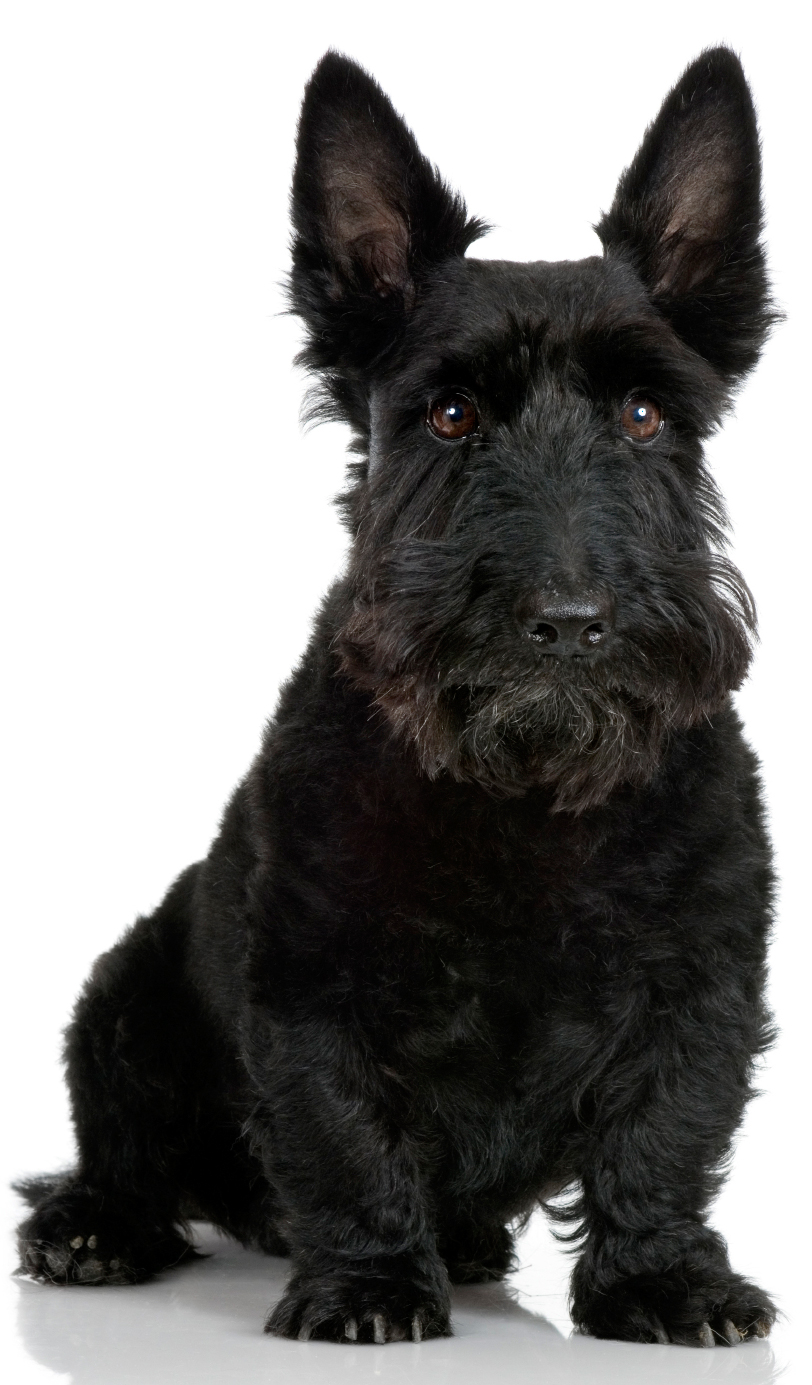Single gene causes stubby legs in dogs
February 24, 2012 by admin
Filed under Uncategorized
The following article was published in AFP/Reuters (17.7.09):
“The stubby legs appear to be the result of a wolf gene that got spliced back into the dog genome, say researchers.
The stubby, curved legs of dog breeds such as dachshunds, corgis and basset hounds stem from the mutation of a single gene early in the evolution of dogs, a study has found.
The genetic mutation which produces disproportionately short limbs is distinct from the trait that makes toy breeds like the Chihuahua or Shih Tzu so small.
It is believed to have occurred sometime after the ancestor of modern dog breeds diverged from wolves.
US and British researchers examined the genetic signature while examining DNA samples from 835 dogs, including 95 with short legs.
Their study appears in today’s edition of the journal Science.
They say while most dogs have only one copy of a growth-related gene, nearly 20 different breeds of short-legged dogs have a second, slightly altered copy of the gene called fibroblast growth factor 4 or FGF4.
This so-called retrogene appears to be a copy of a wolf gene that got spliced back into the dog genome some time after modern dog breeds diverged from wolves.
“We were surprised to find that just one retrogene inserted at one point during the evolution of a species could yield such a dramatic physical trait,” says the study’s lead author, Heidi Parker of the National Human Genome Research Institute.
“Our findings suggest that retrogenes may play a larger role in evolution than has been previously thought, especially as a source of diversity within species.”
Role in dwarfism
Previous research has found that the short legs of certain breeds is due to calcification of growth plates, called disproportional dwarfism.
Humans are also affected by a similar growth disorder, and the researchers believe this gene could be investigated for its possible role in some cases of human dwarfism.
“Our findings may prove valuable to scientists studying other aspects of human growth and development,” says co-author Elaine Ostrander, also of the National Human Genome Research Institute.
“The work also underscores the value of canine studies for uncovering new biological mechanisms that are likely relevant to human disease.”
Please consult a qualified animal naturopath for advice about nutritionally-balanced diets and naturopathic medicines for the treatment of animals.
Yours In Great Health,
Sar Rooney BHSc., DC., ND., DASc., GDSc. (Hons) Zoology, MHATO, MATMS
Naturopathic Practitioner, Researcher, Lecturer, Canine Naturopath
Science-Based Naturopathy for Canine Wellbeing
Canine naturopathic health care with a clinical focus on skin conditions, inflammatory bowel disorders, chronic infections, arthritis and disease prevention.
Helping dogs achieve optimal wellness with personalised, professional naturopathic health care and individually-prescribed high-quality herbal medicines and supplements
Naturopathic Animal Services W: www.animalnaturopath.com.au E: [email protected] FB: http://www.facebook.com/DogNaturopathAppointments are available by email, phone & skype
Want to keep up to date on the latest in dog health? Join me on Facebook:http://www.facebook.com/DogNaturopath
Disclaimer: The information provided is not intended to replace any veterinary or medical advice or treatment.



